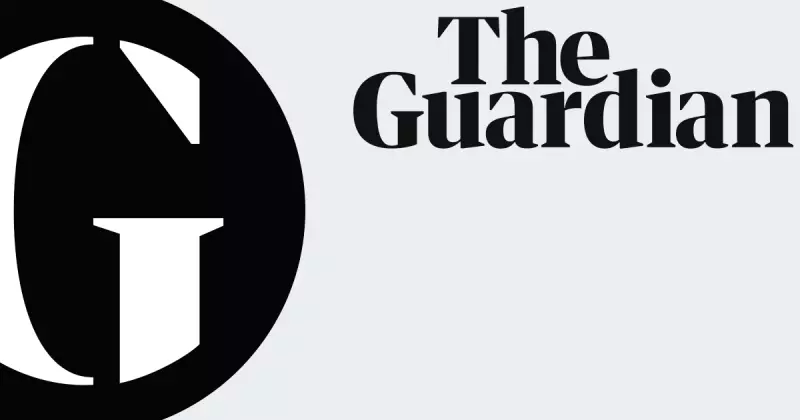
A major demonstration by far-right groups brought parts of central London to a standstill this weekend, marked by a significant and visible police presence. The march, which saw participants gather from both sides of the Atlantic, highlighted growing international links between extremist movements.
Organisers and attendees, comprising a coalition of nationalist and anti-immigration groups, marched through the city's streets, leading to a substantial deployment of Metropolitan Police officers. The operation was one of the largest in recent months, aimed at preventing clashes and ensuring public safety.
Transatlantic Ties and Inflammatory Rhetoric
Analysis of the event points to a strengthening network between British far-right elements and their American counterparts. Observers noted the adoption of slogans and symbolism that originated from US-based groups, indicating a shared digital playbook and a cross-pollination of extremist ideologies.
Speakers at the event addressed the crowd, delivering speeches that amplified anti-immigrant sentiments and voiced opposition to what they label as 'woke' policies. The rhetoric echoed themes commonly found in online forums and certain foreign media outlets, suggesting a coordinated narrative.
A Fortress-Like Police Response
The Metropolitan Police implemented a robust containment strategy, sectioning off large areas of the capital. Officers in standard uniform were supported by territorial support groups equipped with riot gear, a clear signal of the authorities' preparedness for potential disorder.
Despite the high tensions and the large number of participants, the event concluded without any major violent incidents reported. This is largely attributed to the pre-emptive police strategy which effectively kept demonstrators separated from potential counter-protestors.
Community Impact and Political Repercussions
The march has sent ripples through the UK's political landscape, prompting condemnation from mainstream political leaders across the spectrum. MPs have labelled the demonstration a display of hate, expressing concern over the normalisation of such rhetoric in public discourse.
Community leaders in the areas affected by the march have spoken of anxiety and fear, criticising the disruption and the message it sent. Debates are now intensifying regarding the balance between the right to protest and the need to protect communities from hate speech and intimidation.






